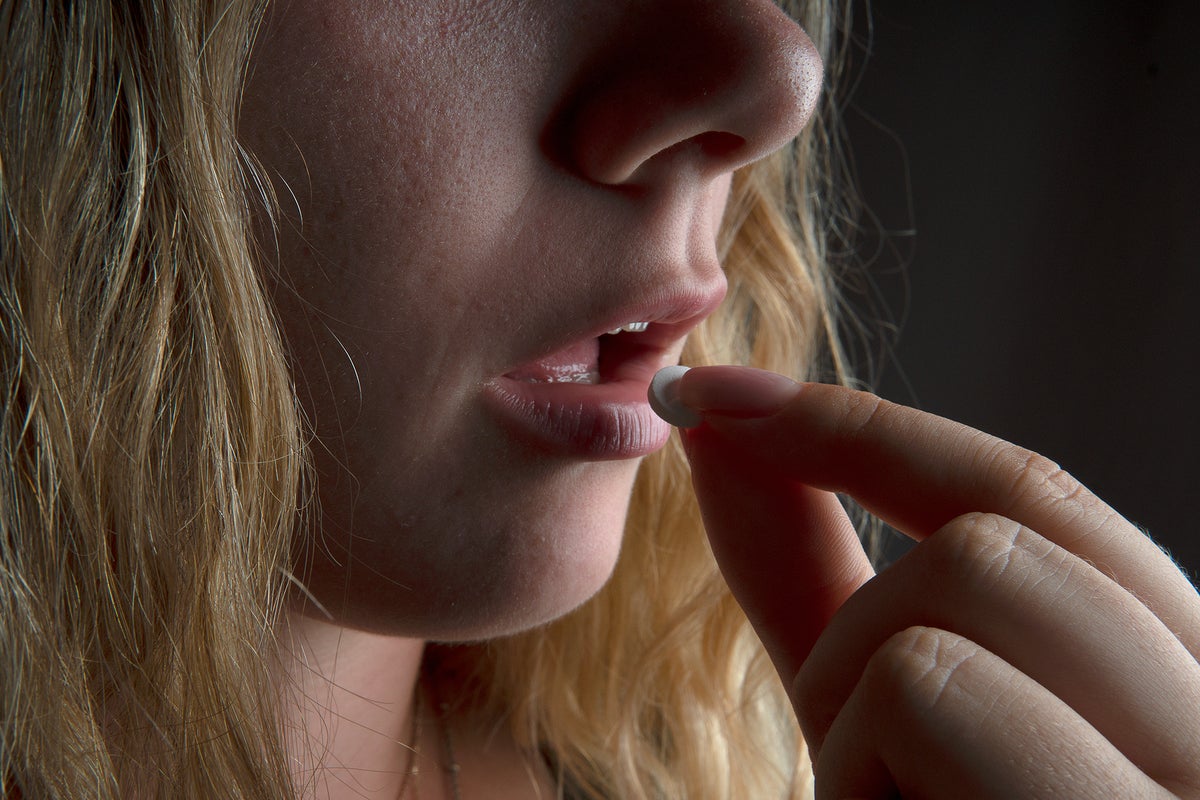The allergy and asthma drug montelukast, also known as Singulair, can cause psychiatric side effects—and researchers aren’t sure why
In 1998 an asthma and allergy drug called montelukast hit the U.S. market under the name Singulair. In the years that followed, commercials filled with flowers and cats proclaimed that it was “a different way to treat allergies.” During the next two decades it became many doctors’ go-to antiallergy and asthma prescription—especially for children because, unlike other asthma medications, it comes in pill form and does not require fiddling with an inhaler. “It used to be prescribed like vitamins,” says Andrei Constantinescu, a pediatric pulmonologist at Columbia University Medical Center.
But for a few people, this dream medication turned out to be a nightmare. Some taking montelukast started to develop strange psychiatric symptoms. They became unusually irritable, and they experienced visual and auditory hallucinations, insomnia and even suicidal thoughts. This worrying pattern was especially prevalent in kids. In 2020 these reports prompted the Food and Drug Administration to issue Singulair and the generic versions of montelukast a serious label modification—a “black box” warning indicating severe or potentially fatal side effects.
Spurred by growing public awareness of these problems, scientists are now trying to figure out how widespread these side effects are—and how, exactly, an allergy drug is messing with people’s mind.



Very interesting. I took this during my 40s. Granted I wasn’t a kid, but didn’t have these side effects. On the other hand it really didn’t do much for my asthma or allergies, so I didn’t feel it was worth potential side effects anymore.
I took it during my early 20s and was an absolute psychotic asshole. I’m pretty sure it wasn’t the medicine doing it though.